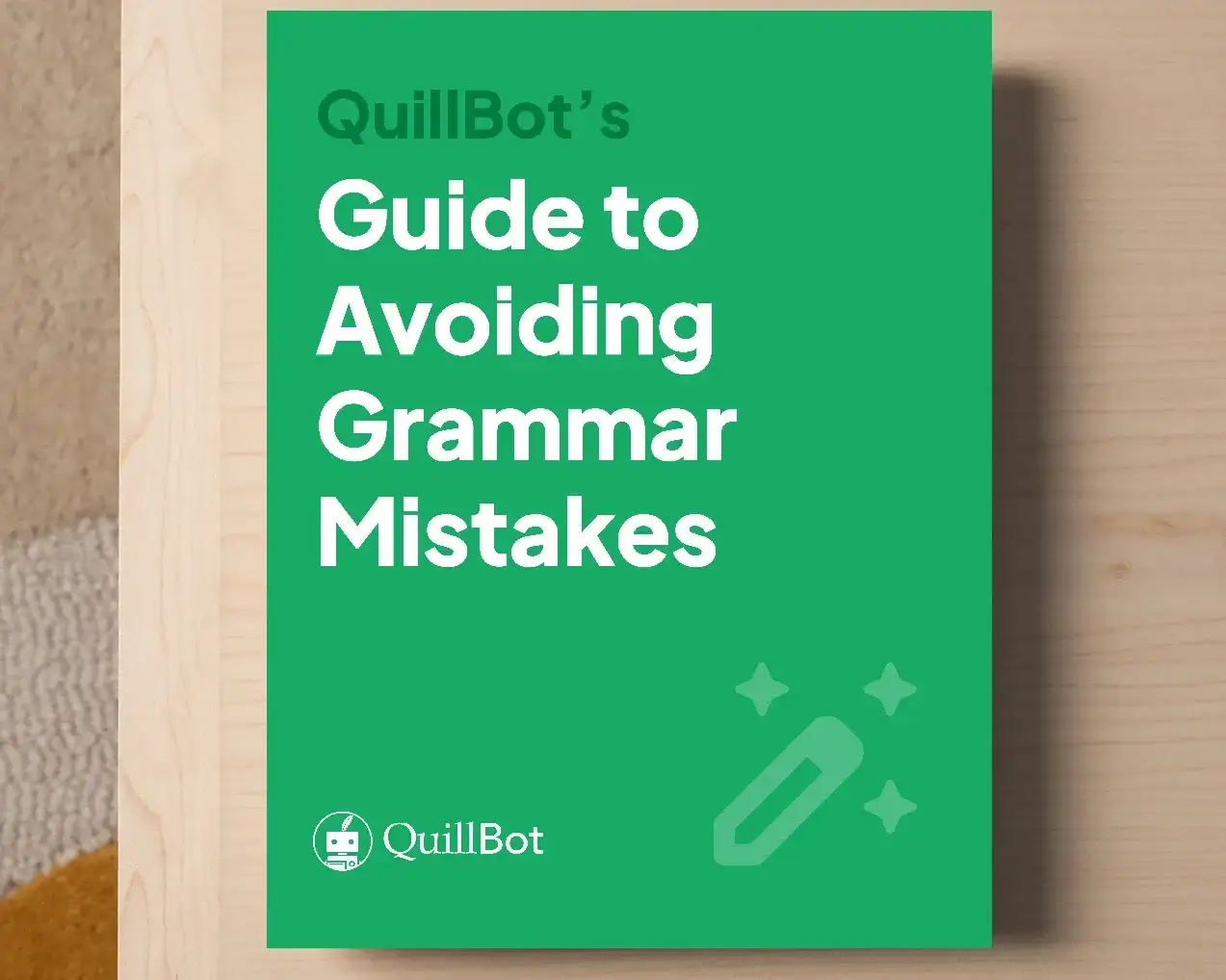The purpose of a cover letter conclusion is to restate your claim about why you’re a great fit, reiterate your enthusiasm, and motivate the reader to contact you for an interview.
Your cover letter conclusion should leave a positive impression so that the recruiter or hiring manager is excited to review your resume.
To maximize the purpose of a cover letter, always proofread before you send it to employers. QuillBot’s free Grammar Checker instantly finds and fixes errors.
Read this FAQ: What is the purpose of a cover letter conclusion?
The correct past tense of hurt is not hurted, it is hurt (e.g., “He fell and hurt his arm”).
The correct past participle of the verb “hurt” is also “hurt” (e.g., “He can’t come swimming because he’s hurt his arm”).
QuillBot’s free Grammar Checker can help you to avoid making mistakes with irregular verbs like “hurted” instead of “hurt.”
Read this FAQ: Is it hurted or hurt?
If someone says “you have hurt my feelings,” it means that something you have said or done has made them feel unhappy (e.g., “It really hurt my feelings when you didn’t speak to me at the party”).
“Hurt” is the simple past tense of hurt and the past participle of “hurt.”
Have you tried QuillBot’s free Grammar Checker? It can help you to avoid making errors with irregular verbs like “hurt.”
Read this FAQ: What does hurt my feelings mean?
The past participle of hurt is “hurt” (e.g., “She can’t come because she’s hurt her foot”).
The simple past tense of hurt is also “hurt.”
The verbs beat and cost also have the same infinitive, past tense, and past participle forms.
QuillBot’s free Grammar Checker will help you to use irregular verbs like “hurt” correctly in your writing.
Read this FAQ: What is the past participle of hurt?
If you are left in the dark about something, it means that you are not being informed about it (e.g., “Management left us in the dark about these restructuring plans until the last minute; we had no input in the decision-making process”).
“Left” is the simple past tense of leave (e.g., “Management left us in the dark”) and the past participle of “leave” (e.g., “We were being left in the dark by management”).
QuillBot’s free Grammar Checker will help you to use irregular verbs like “leave” correctly in your writing.
Read this FAQ: What does left in the dark mean?
The simple past tense of hear is heard, not herd (e.g., “Yes, I heard the news last week”).
The past participle of “hear” is also “heard” (e.g, “Yes, I’ve heard the news).
You can use QuillBot’s free Grammar Checker to help you pick up errors with irregular verbs like “hear” in your writing.
Read this FAQ: Is it heard or herd?
The past participle of hear is “heard” (e.g., “Have you heard about her new film?,” “I hadn’t heard about that,” “The case was heard last week”).
The simple past tense of hear is also “heard” (e.g., “The court heard the case last week”)
QuillBot’s free Grammar Checker will help you to avoid mistakes with irregular verbs like “hear” in your writing.
Read this FAQ: What is the past participle of hear?
No, catched is not a word that you will find in most dictionaries.
The simple past tense of catch is “caught,” not “catched” (e.g., “He didn’t take his car; he caught the bus”).
The past participle of “catch” is also “caught,” not “catched” (e.g., “He says that he’s caught a cold”).
However, “catched” is used as a past tense and past participle form in some spoken dialects of English.
QuillBot’s free Grammar Checker will help you to avoid errors with irregular verbs like “catch” in your writing.
Read this FAQ: Is catched a word?
It is caught, not catched.
The simple past tense of catch is “caught,” not “catched” (e.g., “She didn’t drive; she caught the bus”).
The past participle of “catch” is also “caught,” not “catched” (e.g., “She says she’s caught a cold”).
QuillBot’s free Grammar Checker will help you to avoid errors with irregular verbs like “catch” in your writing.
Read this FAQ: Is it catched or caught?
Caught is the simple past tense of catch (e.g., “I caught the bus yesterday”) as well as the past participle of “catch.” (e.g., “Have you caught a cold?”).
Caught can mean “discovered doing something forbidden” (e.g., “We caught him spraying graffiti on the wall”) and “got on” a bus, train, or plane (e.g., “I was running late and only just caught my train”).
If you are “caught by surprise,” you feel surprised because something has happened that you did not expect (e.g., “Their engagement caught me completely by surprise; they’ve only known each other for a few months”).
Why not use Quillbot’s free Grammar Checker to ensure that you’re using phrases with the word “caught” correctly?
Read this FAQ: What does caught mean?
